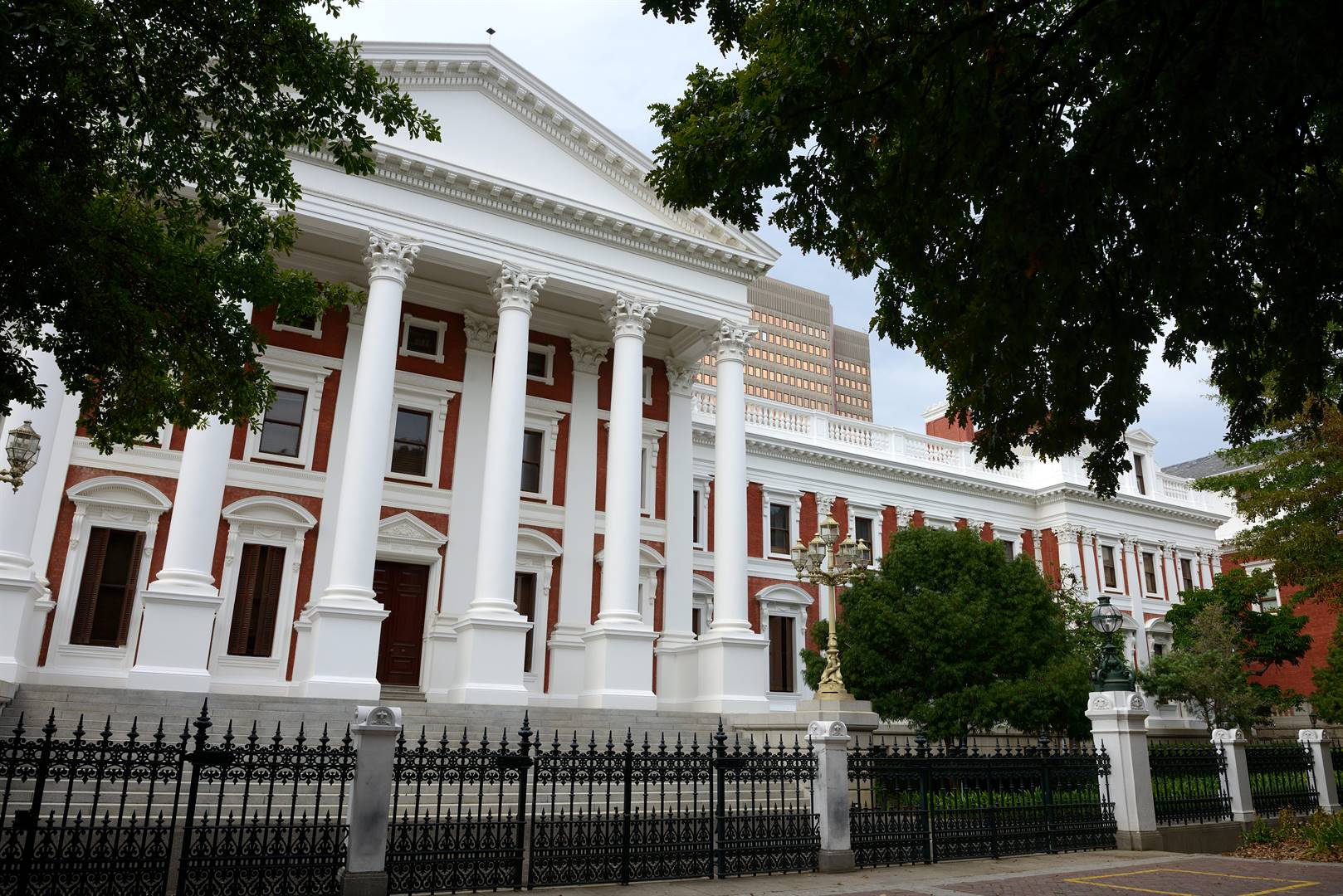
- The National Assembly has passed the Copyright Amendment Bill, despite opposition from those in creative industries.
- The next step is for the president to sign the bill into law.
- An attorney believes that if it becomes law, legal challenges will be lodged against it.
- For more financial news, go to the News24 Business front page.
The National Assembly on Thursday adopted the controversial Copyright Amendment Bill, despite strong opposition from those in creative industries.
Parliamentarians from the Economic Freedom Fighters, Democratic Alliance, the African Christian Democratic Party, and the Freedom Front Plus rejected the bill.
The bill will now be sent to President Cyril Ramaphosa for assent.
The bill was introduced to Parliament by the Department of Trade and Industry in 2017, to modernise South Africa's copyright laws, which had been in place since 1978.
But both domestic and global authors associations have been opposed to it in its current form, arguing it would weaken copyrights and harm their livelihoods.
Carla Collett, partner at Webber Wentzel, said that although the bill has "noble aims," it does not achieve the outcomes it aims to.
There are multiple issues with the bill, and even if the president eventually signs it into law, Collett expects there still to be legal challenges to it.
"There are so many issues with the bill, challenges could be brought from multiple sectors," she told News24 previously.
READ | Tech companies will be 'the new colonisers' in SA: Author slams copyright bill
One of the commercial issues is a 25-year limitation on the assignment of rights that is introduced – which means there is an automatic reversal of rights that were sold after 25 years. "Who is going to want to buy your copyright or artistic work if, after 25 years, the ownership reverts back to the original owner? It makes no sense," Collett said.
Another controversial element of the bill is the introduction of the fair-use principle – allowing the free use of copyrighted works in certain circumstances, such as research or teaching.
But the problem with this is it will be the onus of the copyright holder to prove, through costly legal action, that the use of their work does not constitute fair use.
"This is a lose-lose situation for both creators and users that will lead to uncertainty in the market, for which the only fix would be expensive and wasteful litigation. Creators do not have deep pockets to afford that. Wasting time and resources for everyone in courts is not what good legislation should do," director-general of the International Confederation of Societies of Authors and Composers (CISAC) Gadi Oron said in a statement.
CISAC is the world's leading network of authors' societies, with more than 225 member societies across more than 116 countries. Singer-songwriter and ABBA co-founder Björn Ulvaeus is president of CISAC.
Ending the book famine
The bill also allows for people with disabilities access to copyrighted works – for example converting a book into a format such as braille, which would be accessible to a person who is blind.
Subsequently, its passing has been welcomed by organisations Blind SA & SECTION27.
"We are delighted that the National Assembly has adopted the Copyright Amendment Bill, and especially Section 19D, which provides exceptions to transcribe reading material into accessible formats, such as braille, large print and audio.
"This will reduce the book famine, and it will no longer be a criminal offence to convert books into accessible formats without the consent of the copyright holder in terms of the apartheid Copyright Act," said Jace Nair, CEO of Blind SA.
Blind SA called on the president to sign the bill into law.
A previous version of the bill that was passed by the National Assembly was sent back by Ramaphosa in June 2020 for reconsideration. The president had raised concerns over its constitutionality.




 Publications
Publications
 Partners
Partners












